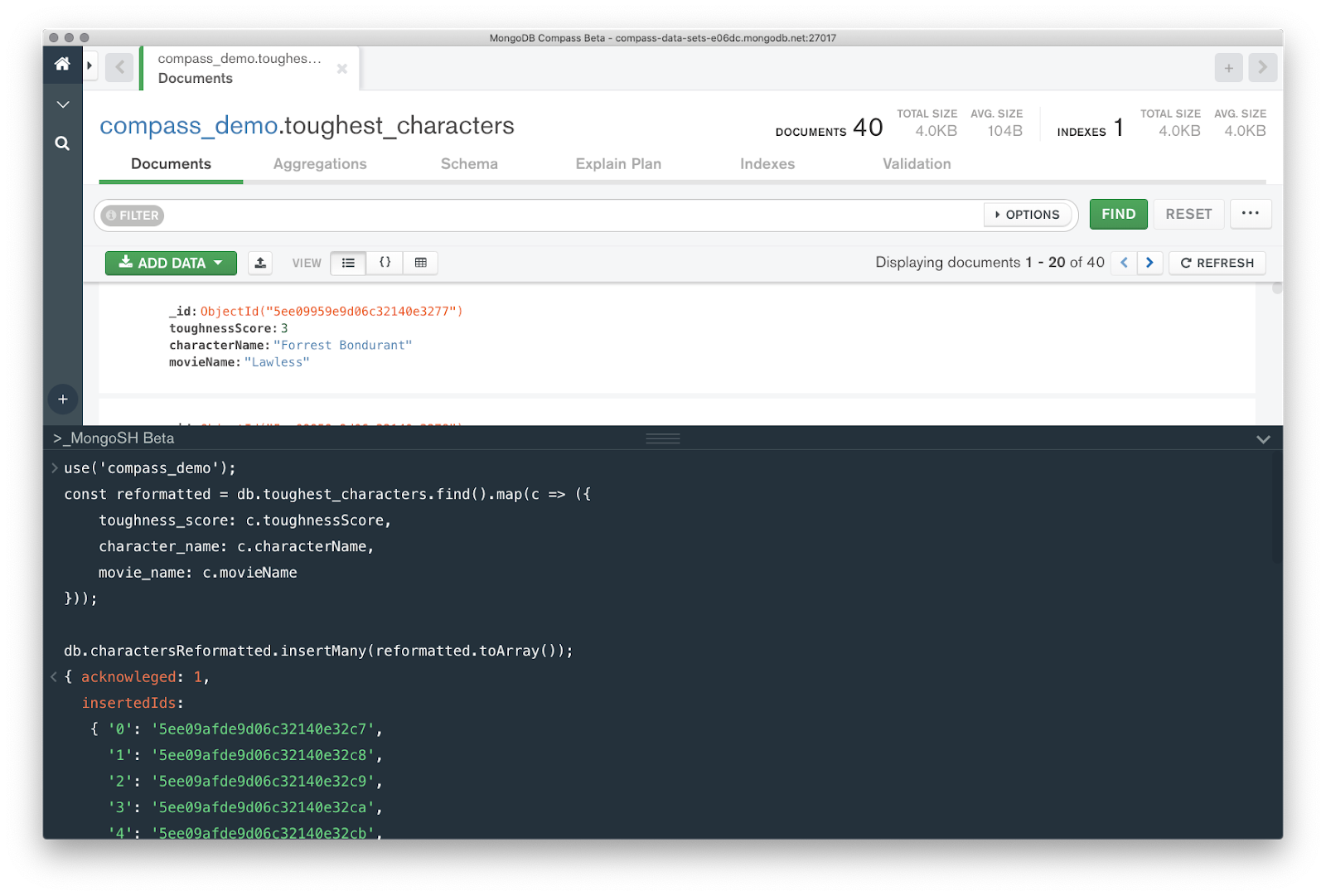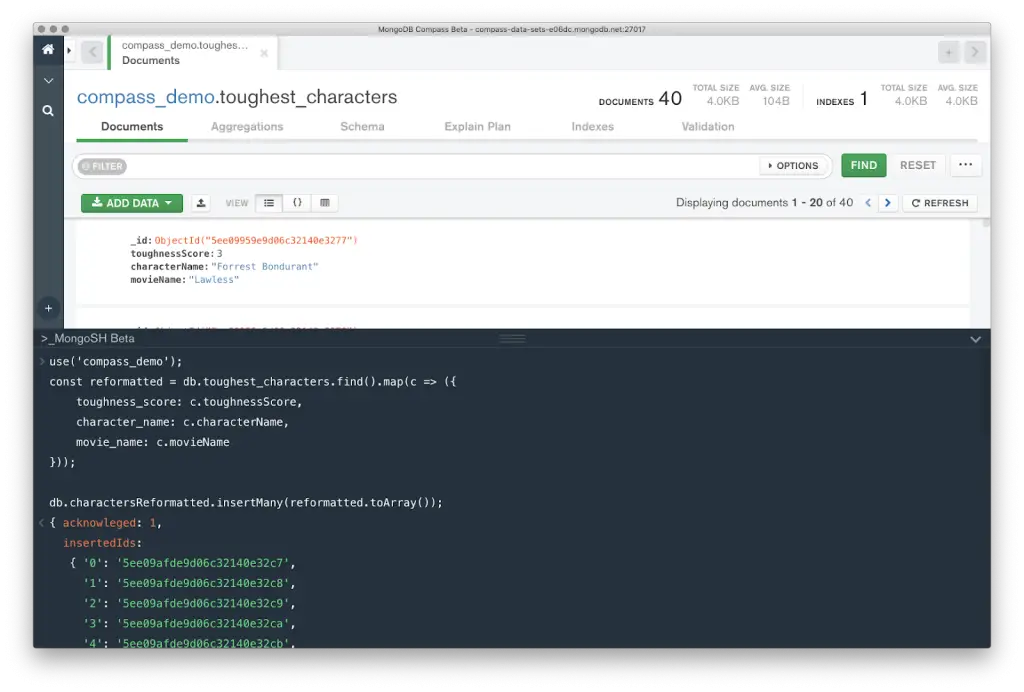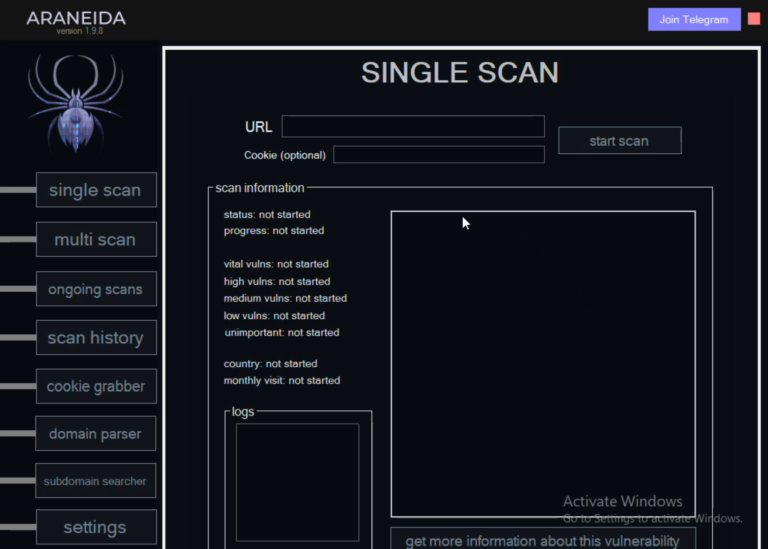
Image: Mongodb
A critical vulnerability (CVE-2024-6376) has been discovered in MongoDB Compass, the popular graphical user interface for managing MongoDB databases. This vulnerability could allow attackers to execute malicious code on users’ systems, potentially leading to data breaches and other serious consequences.

Understanding the Vulnerability
The flaw stems from insufficient sandbox protection settings within Compass’ ejson shell parser, a component responsible for handling connections. This lack of robust security measures opens the door for code injection attacks, where malicious actors insert and execute their own code within the application.
Severity and Impact
While the National Vulnerability Database (NVD) rates the vulnerability’s severity as a critical 9.8, MongoDB, Inc. assigns it a less severe score of 7.0. Regardless of the specific score, the potential impact is significant, as successful exploitation could compromise sensitive data and grant attackers unauthorized access to systems.
Affected Versions
The vulnerability affects MongoDB Compass versions prior to version 1.42.2, leaving a wide range of users potentially at risk.
Mitigation and Response
MongoDB, Inc. has responded swiftly to this discovery by releasing an updated version, 1.42.2, which addresses the vulnerability. Users are strongly urged to upgrade to this version immediately to mitigate the risks associated with CVE-2024-6376.
Additionally, security experts recommend implementing robust security practices, including regular software updates, employing strict access controls, and conducting comprehensive security audits. These measures can help safeguard against similar vulnerabilities and enhance overall system resilience.


